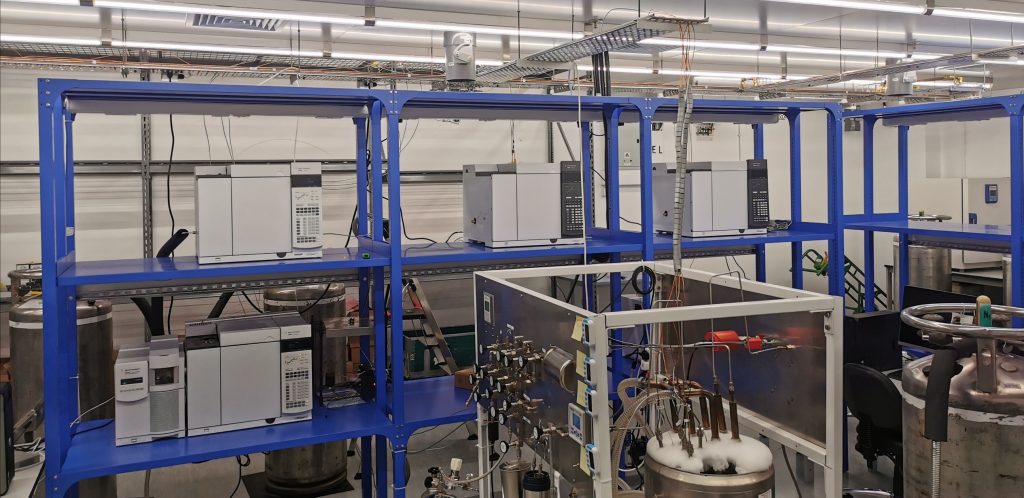Research Focus
Regional air pollution and global climate change are critical challenges to the whole human society, and impact profoundly on economy and lives of human beings. One of most important uncertainties in the relevant researches depends on the accuracy of the source estimations on major air pollutants and their precursors.
My long-range goal is to pursue a career in academia as a ‘life-minded’ environmental scientist who understands how the air quality varies on both regional and global scales and how our lives are thereby affected. In the previous researches, I integrated laboratory, outfield, airborne and satellite observations to quantitively estimate multi-scale Volatile Organic Compounds (VOCs), Greenhouse Gases (GHGs), and Nitrogen Oxides (NOx) emissions, and investigated their impacts with numerical modeling.
At present I am interested in the sensitivity of air quality and climate change on VOC and GHG emissions, and processes controlling the Biosphere-Atmosphere interactions. Specific research interests include:
- Trace gas measurements
- Air pollutant emissions
- Satellite remote sensing
- Numerical modeling
VOC Laboratory
VOCs are emitted by many different processes (e.g., vehicle, industrial, solvent, plants). The presence of some VOC gases can significantly increase the secondary formation of ozone and particulate matter even at very low concentrations (i.e., pptv). Some VOC species (i.e., CFCs, HCFCs) are referred to as GHG and Ozone Depleting Substances (ODS) due to their important global environmental threats (i.e., climate change, stratospheric ozone loss). VOC control regulations have been implemented by governments to solve the challenges of air quality and climate. However, their diverse sources and highly reactive nature make them a challenge in control policy.
Our VOC laboratory is equipped with cutting-edge instruments (e.g., GC-FID/ECD/FPD/MSD, Vocus PTR-TOF-MS, Bruker EM 27/SUN spectrometer) for ambient and source characterization of VOCs and GHGs, and serving as a benchmarking lab to support the air quality monitoring network in Hong Kong and the Greater Bay Area (GBA). The laboratory is operated with the world premier standards of protocols for sampling, analysis, and quality assurance. The results are unitized to identify the sources and chemical pathways, implement the air quality model, identify control strategy, and support implementation of government policy.
The VOC laboratory will contribute to society as an intellectual center on scientific research, technical innovation, and policy consultation in the field of air quality, climate change, and sustainability in Hong Kong, the GBA, and the greater China region.

